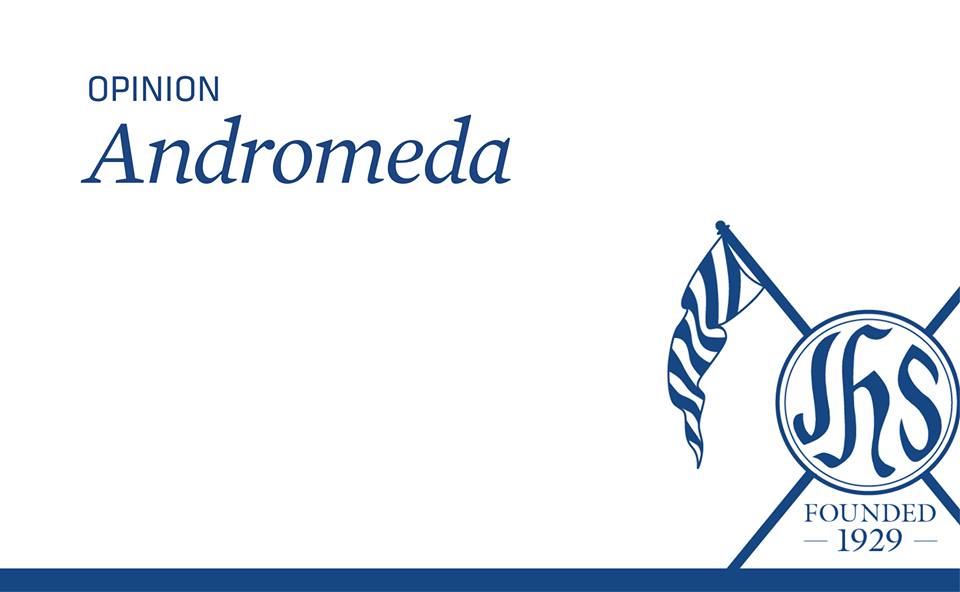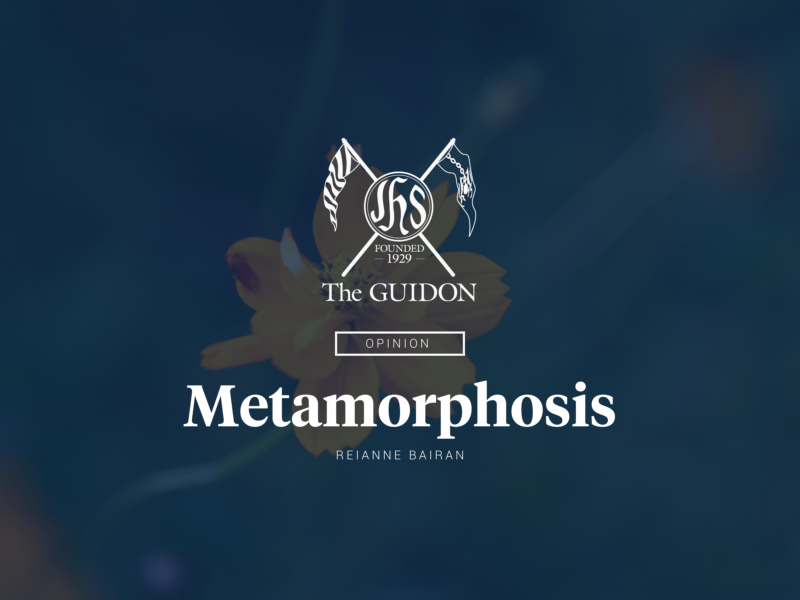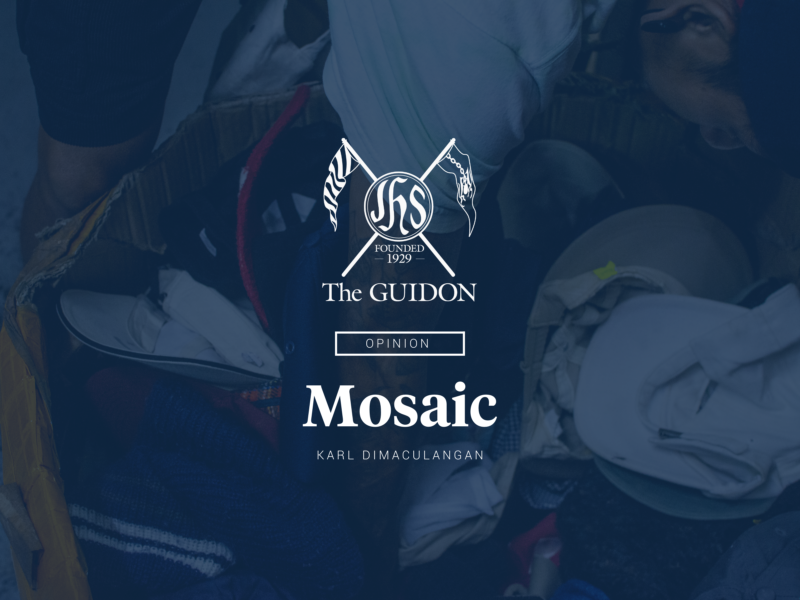 Photos of the Warwick University men’s rowing team went viral a few weeks ago—a widespread acceptance and glorification of the male form. The college team from the United Kingdom has been posing for the Naked Rowerscalendar since 2009 to help support their training and to contribute to Sports Allies, an organization that aims to fight homophobia.
Photos of the Warwick University men’s rowing team went viral a few weeks ago—a widespread acceptance and glorification of the male form. The college team from the United Kingdom has been posing for the Naked Rowerscalendar since 2009 to help support their training and to contribute to Sports Allies, an organization that aims to fight homophobia.
In 2013, the women’s rowing team of the same school joined the calendar tradition to raise money for Macmillan Cancer Support. While the men’s calendar has been widely accepted for the past years, the women’s photos were immediately met by criticism on tastefulness and propriety.
Following the marketing strategy of the men’s team, the women also created a Facebook page to help promote their calendar. The same social media platform that allowed the propagation of the men’s photos had briefly banned the page of the women’s team.
The women’s photos are no different from the men’s: Stark nakedness paired with careful camera angling. The women’s photos, however, were considered to be a violation of Facebook’s nudity policy; the photos were marked as offensive. Why? Because they were women.
Next September will mark exactly one year before the deadline of the Millennium Development Goals (MDG), one of which is to promote gender equality and to empower women.
It is cases like the banning of the Warwick women’s rowing team’s photos that make us question if we have progressed in the 15 years that the MDG has been in effect.
Sentence-summaries such as “women’s status in the labor market is improving, but gender disparity still exists” and “women’s political participation continues to increase, but glass ceilings remain” appear in the 2014 MDG report.
There are numbers that show improvement in gender parity and labor opportunities for women. While these are commendable, gender equality cannot be fully illustrated by quantitative data.
Gender equality—inequality, in our state today—is a social issue. It is perpetuated by how people define things. Essentially, the problem does not lie in females exposing their bodies, but in how society has taught us to focus on the exposed cleavage.
A 2013 study of Sarah Gervais, Arianne Holland and Michael Dodd is premised on the objectifying gaze that continues to victimize women. The researchers found that both men and women who were told to focus on appearance stared mainly on a woman’s chest and waist instead of her face. Women are not viewed as their entire person but as body parts—as breasts, as asses.
They also found that the objectifying gaze was more pronounced when directed at “high ideal” women, which the study defines as “hourglass-shaped women with large breasts and small waist-to-hip ratios,” as if these women were at fault for their bodies.
This sexualisation of women’s bodies—even when clothed—has led women to fear for every inch of skin exposed. Women cannot show their bodies, even just parts thereof, without being tagged as sluts or without being called out because they are allegedly “asking for it.”
I wonder if a social change that has not fully happened in 15 years could occur before the end of the MDG. We cannot deny, however, that the revolution is being fought. The ban on the Warwick women’s rowing team’s Facebook page has been lifted, thanks to the outspoken minority.
There is hope, as the minority influence theory says that there could be no social change without an outspoken minority that is consistent and confident in asking for it.








Nothing spells out P-R-E-T-E-N-T-I-O-U-S more than a college newspaper offering commentary on sexual politics half a world away using theoretical generalizations harvested from Google. Ever considered homophobia in a third world setting? The unspeakable violence of identities erased because their own journalists keep latching on to the West? Stick to your own context. Homophobia in the Philippines and in Ateneo need your attention more.
I agree! The fault of some local media is their focus on essentially Western examples.